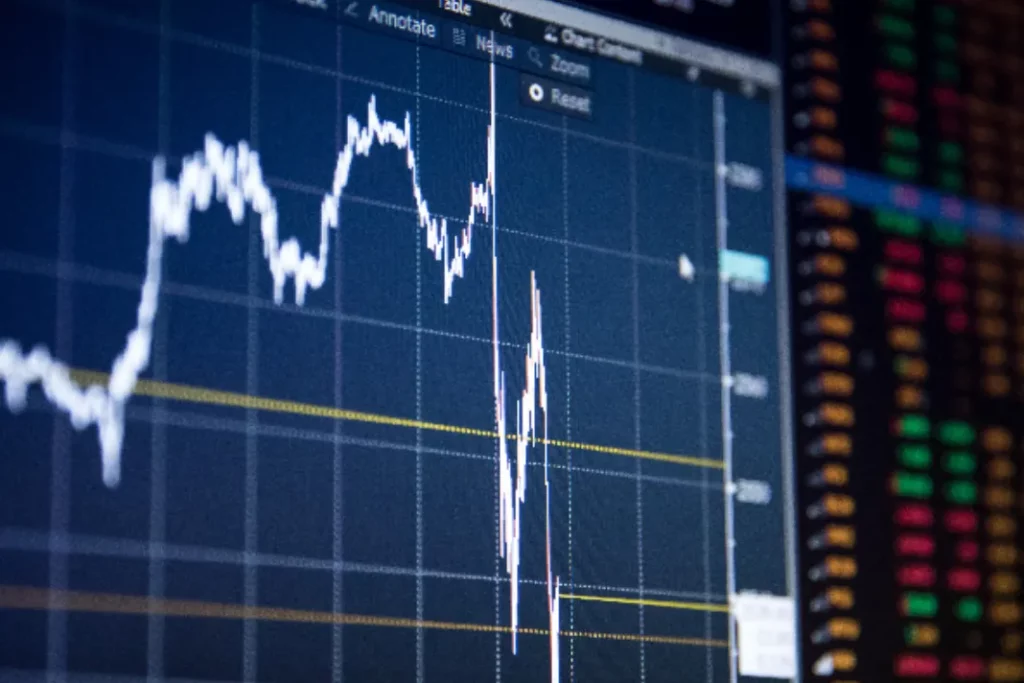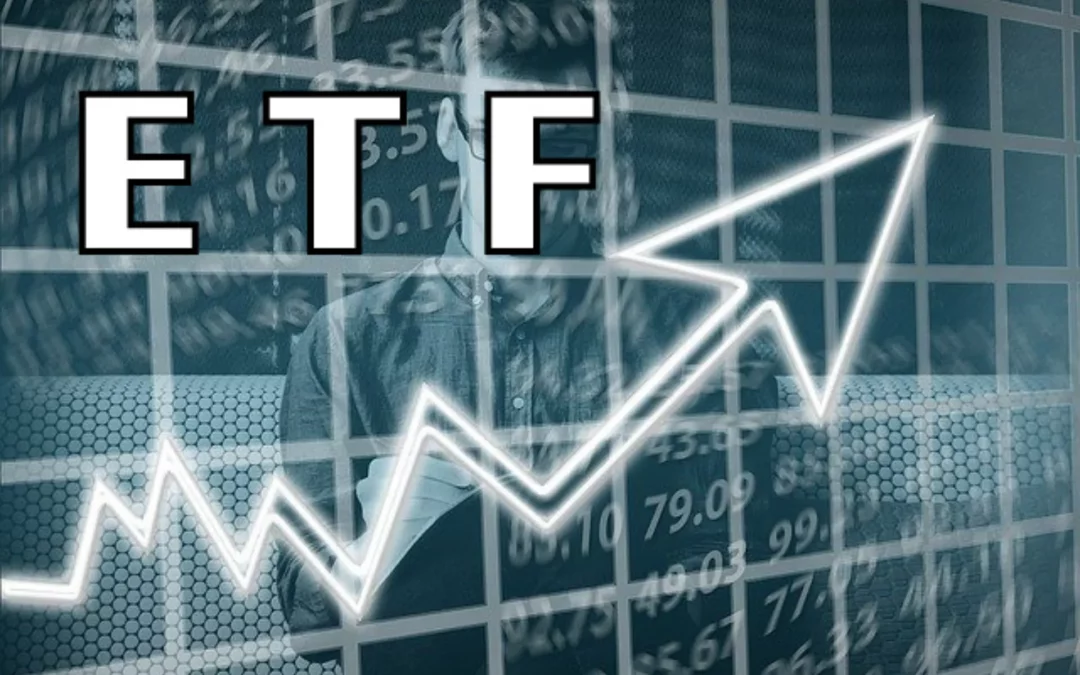Emerging markets are an excellent tool for diversifying and exploiting high growth.
Most U.S. investors hold a large portion of domestic equities, which helps reduce currency risk and improve tax efficiency.
However, international diversification can be a good idea. Besides developed markets like Europe, the UK, Canada, Australia, and Japan, developing countries like China, Russia, India, Africa, and South America can offer interesting opportunities. The economies of these countries are referred to as “emerging markets” and are characterized by rapid economic growth.
Historically, emerging markets have outperformed US markets when the latter fell. For example, from 2000 to 2007, emerging market returns were twice those of US markets each year, with an annualized return of 15% versus 2.3%. An exchange-traded fund, or ETF, is a diversified way to access emerging market stocks without having to trade currencies or use US certificates of deposit. Here are the seven best-emerging markets ETFs to buy in 2022.
1. iShares MSCI Emerging Markets ETF (ticker: EEM)
EEM offers passive exposure to large and mid-cap stocks from emerging markets. The ETF tracks the MSCI Emerging Markets Index, which includes more than 800 stocks from countries like China, India, Taiwan, South Korea, Brazil, Saudi Arabia, Mexico, and others.
Most of the ETF’s holdings are concentrated in the financial sector, with information technology and consumer discretionary coming in second and third. Major holdings include Taiwan Semiconductor Manufacturing Co. Ltd. (2330), Tencent Holdings Ltd. (0700), Samsung Electronics Ltd. (005930), and Alibaba Group Holding Ltd. (9988).
The ETF hasn’t had the best performance over the past decade, posting a 10-year annualized return of 0.37%. However, its performance since its inception in 2003 is much better, with an annualized return of 7.93%. EEM has an expense ratio of 0.68% or $68 per year per $10,000 invested.

2. iShares Core MSCI Emerging Markets ETF (IEMG)
Long-term investors looking for an affordable Emerging Markets ETF might not like EEM due to its somewhat high fee rate. In order to remedy this situation, iShares has launched the IEMG, a low-cost offering among its range of “basic” ETFs.
This ETF is similar to the EEM but includes small-cap stocks that the EEM excluded, as it tracks the slightly different MSCI Emerging Markets Investable Market Index. Underlying positions, geographies, and sector exposures remain broadly similar, making IEMG the best choice unless you are trading EEM on a day or alternate basis and need greater volume and liquidity. IEMG has a much lower expense ratio of 0.09% or about $9 per year per $10,000 invested.
3. Vanguard FTSE Emerging Markets ETF (VWO)
Vanguard is known for its range of broad-market, low-cost index ETFs, and VWO is no exception. This ETF tracks the FTSE Emerging Markets All Cap China A Inclusion index. In terms of geographic representation, the VWO is very similar to the EEM and IEMG, with countries like China, India, Taiwan, Brazil, Saudi Arabia, and South Africa receiving the highest weightings. higher.
The notable difference is the absence of South Korea, as the FTSE assigns that country to its international indices of developed markets. For the rest, the main positions are similar, within particular Taiwan Semiconductor Manufacturing, Tencent Holdings, and Alibaba Group. VWO has a low expense ratio of 0.08% and could be a great tax loss harvesting partner for IEMG, given that they track different indices but have similar positions.
4. ETF Vanguard FTSE Emerging Market (VWOB)
The recent turmoil in UK government bonds, known as gilts, highlights the potential need for geographic diversification when it comes to holding fixed-income securities. Although US Treasuries are considered the strongest around, there are always risks.
In the unlikely event that the US government defaults, or if interest rates rise too quickly, US Treasuries could suffer a sharp shock. In this case, emerging market government bonds are a good diversifier, and VWOB is a great way to access them for an expense ratio of 0.2%. The higher risk of emerging market bonds gives VWOB a yield to maturity of 8.2%, almost as high as some domestic high-yield bonds.
5. iShares MSCI Emerging Markets Min Vol Factor ETF (EEMV)
An oft-quoted rule of thumb in investing is “more risk equals more return.” This is true up to a point, but there is a contradiction: the low volatility anomaly.
Put simply, low-volatility stocks have historically outperformed the market. These are companies whose standard deviations and beta, a measure of sensitivity to the broader market, are below average.
EEMV applies this strategy to emerging market equities to manage risk and reduce losses in the event of a market downturn. Therefore, EEMV is not a purely passive index ETF, but rather a “factor” or “smart beta” ETF. It has a higher spend ratio than its vanilla IEMG counterpart, namely 0.25%.
6. WisdomTree Emerging Markets Small Cap Dividend Fund (DGS)
Small-cap stocks are companies with a market capitalization between $300 million and $2 billion. Research by Nobel laureates Eugene Fama and Kenneth French has shown that a stock’s size plays an important role in explaining its excess returns, or alpha, over a benchmark. Specifically, they highlighted the “size” risk factor, showing that small stocks, as a whole, have historically outperformed large ones.
A great way to target emerging market small-cap stocks is through DGS, which also checks for a track record of strong dividend growth. This helps to ensure that only profitable and quality companies are owned, which is essential when investing in small caps. DGS has an expense ratio of 0.58%.

7. Avantis Emerging Markets Value ETF (AVES)
Value investors try to select stocks that appear to be trading at a lower price than their fundamentals suggest. As with the size risk factor, Eugene Fama and Kenneth French found that the historically higher returns of value stocks relative to their benchmark were a source of alpha. This is expressed by the “value” risk factor, as shown by the historical outperformance of stocks with lower price-to-earnings, price-to-accounts, and price-to-sell ratios.
The AVES fund is a great way to target emerging market value stocks without having to do extensive research. This ETF does not passively track an index. Instead, it uses quasi-active management through a rule-based quantitative filter. AVES has an expense ratio of 0.36%.
The 7 best ETFs in emerging markets:
- iShares MSCI Emerging Markets ETF (EEM)
- iShares Core MSCI Emerging Markets ETF (IEMG)
- Vanguard FTSE Emerging Markets ETF (VWO)
- iShares MSCI Emerging Markets Min Vol Factor ETF (EEMV)
- WisdomTree Emerging Markets Small Cap Dividend Fund (DGS)
- Avantis Emerging Markets Value ETF (AVES)
If you ever have any pending questions or require assistance with banking procedures, do not hesitate to book a free consultation with our team now.
Disclaimer
Widelia and its affiliates do not provide tax, investment, legal or accounting advice. Material on this page has been prepared for informational purposes only, and is not intended to provide, and should not be relied on for, tax, investment, legal or accounting advice. You should consult your own tax, legal and accounting advisors before engaging in any transaction. Please consult https://widelia.com/disclaimer/ for more information.









